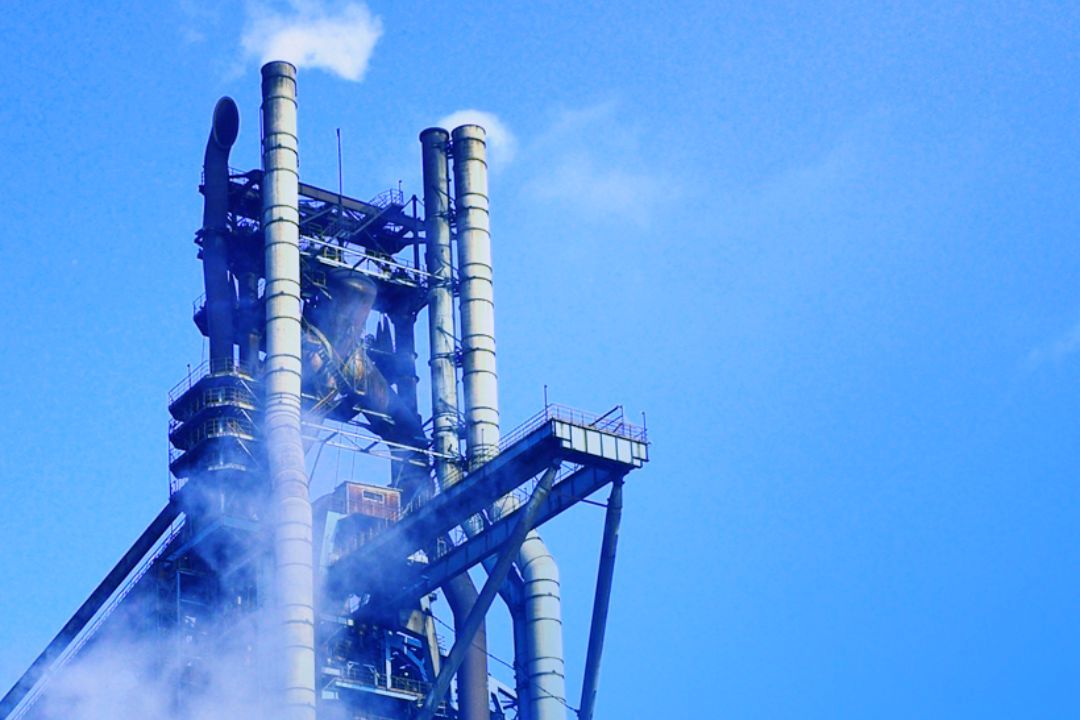The world’s largest steelmaker, China Baowu Steel Group Corp., has issued a stark warning about a deepening crisis in China’s steel industry that could have global repercussions. Baowu’s chairman, Hu Wangming, described the current conditions as a “harsh winter” that will be “longer, colder, and more difficult to endure than expected,” suggesting a crisis potentially worse than the major industry downturns of 2008 and 2015.
Global investors are increasingly concerned about China’s faltering economy, which is adding to fears of a broader global slowdown. Baowu’s warning underscores the risks facing the steel industry, particularly regarding demand and pricing pressures. This comes as ArcelorMittal, the world’s second-largest steelmaker, has already noted a sharp rise in Chinese steel exports, which it described as “aggressive.”
China’s steel market, the largest in the world, is showing multiple signs of stress. The ongoing property market slump shows no signs of easing, and manufacturing activity remains weak. Baowu, which produces around 7% of the world’s steel, is seen as a bellwether for the industry, and its concerns will likely worry competitors in Asia, Europe, and North America. These regions are already grappling with an influx of Chinese steel exports, which are on track to reach about 100 million tons this year, the highest level since 2016.
German steelmaker ThyssenKrupp AG also highlighted the industry’s challenges this week, reporting a significant drop in earnings. Earlier in August, ArcelorMittal pointed to the surge in Chinese exports as contributing to an “unsustainable” global market.
The impact of these industry troubles is evident in commodity markets. Iron ore futures in Singapore fell by as much as 3.4% to $95.20 per ton, their lowest level since May of last year. Steel rebar futures in Shanghai dropped more than 4%, hitting their cheapest price since 2017. Major iron ore supplier BHP also saw its shares fall nearly 3% as a result.
China’s steel industry has weathered severe downturns before, notably during the Global Financial Crisis of 2008-2009 and again in 2015-2016, both of which were mitigated by significant government stimulus. However, with President Xi Jinping focused on reshaping the economy, similar large-scale interventions seem unlikely in 2024.
Baowu’s response to the current crisis has focused on internal measures, urging employees to prioritize cash preservation and risk management. In a statement, the company emphasized the importance of securing funding and strengthening financial controls, particularly in detecting overdue payments and preventing fraudulent transactions. “In the process of crossing this long and harsh winter, cash is more important than profit,” Baowu stated.








